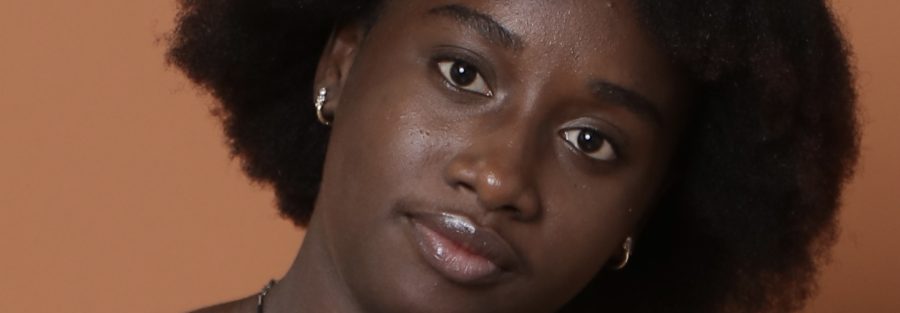I can not even imagine my sister or little cousin being subjected to Female Genital Mutilation (FGM). The thought of them enduring such pain, not knowing if they would survive, is unbearable. And for what? Chastity? Tradition? Is this practice truly worth the suffering of millions of girls and women around the world?
Understanding FGM: Female Genital Mutilation, also known as female circumcision, involves removing parts of the female genitalia for non-medical reasons. It is an outdated and harmful practice that has affected women and girls globally.
Despite being deeply rooted in cultural traditions, FGM has no health benefits. Instead, it inflicts physical, emotional, and psychological trauma, stripping girls of their autonomy over their bodies.
FGM is practiced in over 31 countries, mainly in Africa, the Middle East, and Asia. In these societies, it is often believed to preserve purity and prepare girls for marriage. However, the reality is far from the intended purpose. FGM leads to chronic pain, infections, childbirth complications, and lifelong emotional scars. Despite its prevalence, the world recognizes that this practice has no place in modern society and must be eradicated.
The Consequences of FGM: For those who have undergone FGM, the suffering does not end with the procedure. The scars serve as a painful reminder of their ordeal. Depending on the severity of the mutilation, many experience severe health complications, including difficulties during childbirth and challenges in marital relationships. Others may be unable to conceive or endure life-threatening risks to their reproductive health.
The psychological effects are equally devastating. Many women live with trauma, anxiety, and depression due to the violation they have endured. No woman should have to face such consequences, especially when FGM is both illegal and a direct violation of human rights.
The Fight Against FGM: While progress is being made, FGM remains a reality in many countries, including Ghana, even though the practice was banned in 1994. Despite legal restrictions, it continues in some parts of the Upper East and Upper West Regions. Many girls in these communities grow up believing that FGM is a normal rite of passage. However, as they gain broader perspectives, they begin to realize the injustice of this practice.
Efforts to eliminate FGM require a multi-faceted approach. Here’s how we can all contribute to ending this harmful tradition:
- Stronger Law Enforcement: Existing laws against FGM must be strictly enforced, and perpetrators should be held accountable.
- Raising Awareness: Many communities still lack knowledge about the dangers of FGM. Religious leaders, teachers, health professionals, and local influencers must lead in educating the public and changing perceptions.
- Empowering Women and Girls: Education is key. Girls in high-risk communities need to understand their rights and be empowered to say no to FGM.
- Providing Support for Survivors: Women and girls who have undergone FGM deserve access to quality medical care and counselling to help them heal physically and emotionally. Healthcare professionals must be trained to treat affected individuals respectfully and effectively.
- Speaking Up: Every voice matters in the fight against FGM. We must all use our platforms to educate others and advocate for change.
A Call to Action: Ending FGM is not just a women’s and girls’ issue, it is a human rights issue that requires collective action. Cultural or traditional norms must evolve to protect individuals rather than harm them. The fight against FGM is a fight for justice, dignity, and the protection of future generations.
I envision a world where no girl has to endure the pain of FGM. A world where traditions evolve in ways that honour and respect human rights. We all have a role to play to end this harmful practice.
PROFILE OF WRITER : Ewurama Eulalia Annoh-Quarshie is pursuing a degree in Business Administration at the University of Professional Studies. Her interest in FGM stems from a deep concern for the physical, emotional, and psychological impact it has on girls’ well-being. Ewurama hopes to pursue a career in human rights advocacy, policy development, and public health.



